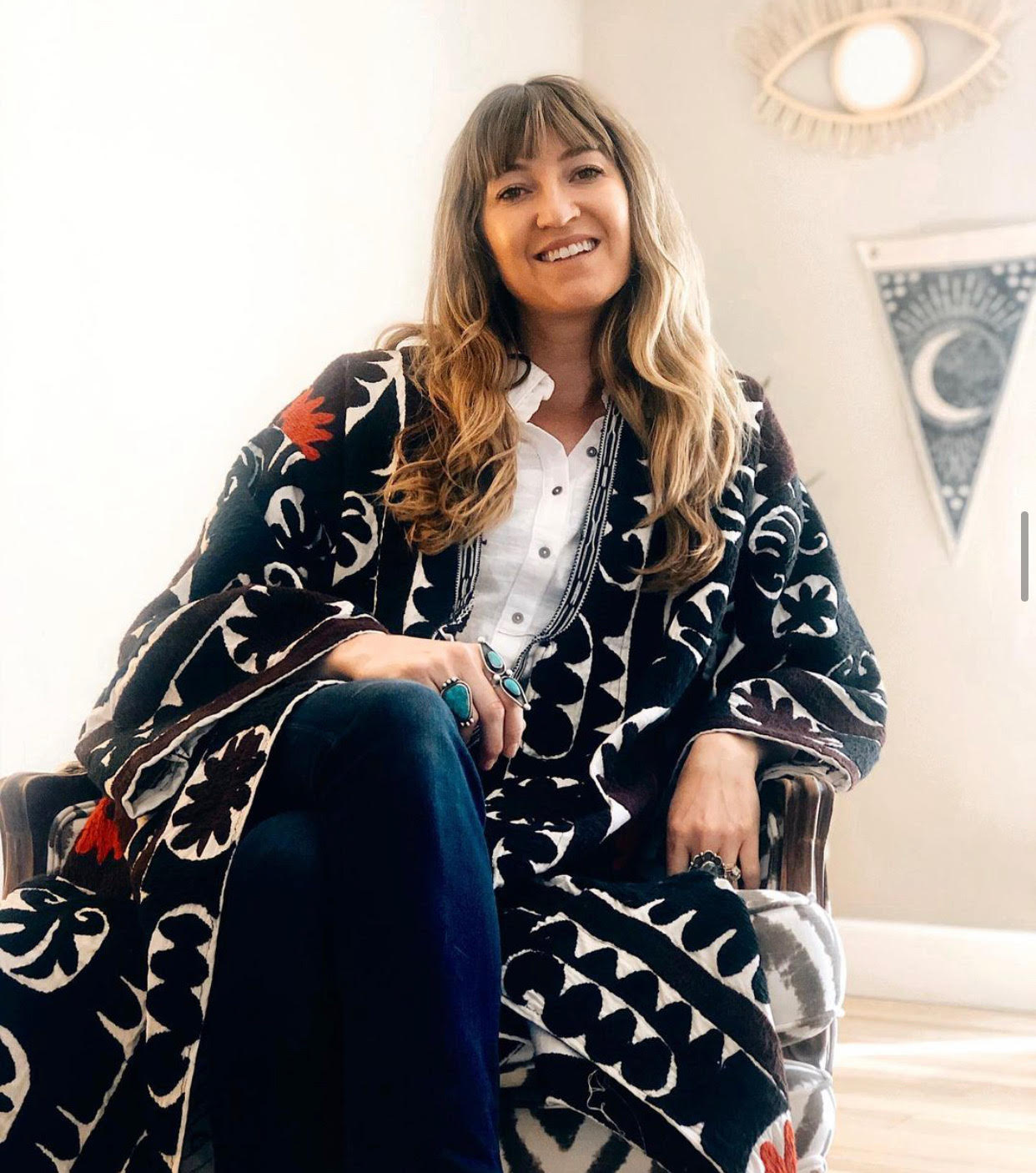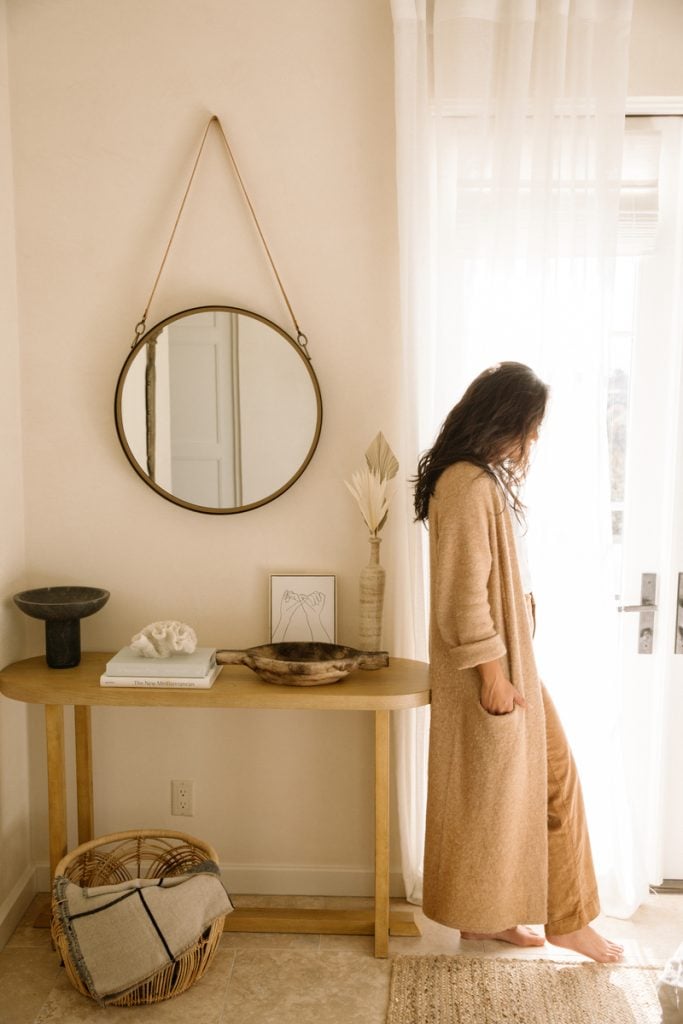Editor’s note: This article is not meant to be used in place of medical care. Please consult your medical provider before beginning any treatment.
If you’re confused about exactly how you should be taking care of your breast health—and when—you’re not alone. The guidance around breast cancer screening for under 40s is far from straightforward. Recommendations from large governing bodies in medicine—such as the US Preventative Task Force (USPTF) or American Cancer Society—don’t align in their recommendations. What’s more, many healthcare providers don’t practice according to the most up-to-date evidence or provide much education to their patients. The best thing you can do for yourself at any age is to ask questions and seek out answers—and that’s exactly what I’m providing you with today.
Considering that breast cancer is the most frequent type of non-skin cancer and the second most frequent cause of cancer death for women in the United States, this news comes as a deeply troubling truth.
Featured image by Riley Reed.



Lauren Zielinski is a certified nurse-midwife with over 11 years of experience in women’s health and birth. She studied medicine at The University of Colorado-Denver with a focus on community health and birth center work.
Breast Screening for Under 40s: Everything You Need to Know
So what do we do to catch or prevent breast cancer? I polled friends on social media (most of whom are in their 30s and 40s) and asked a few simple questions about mammograms and breast exams just to test the water. Their answers? Not entirely surprising.
A lot of responses were simply question marks, others asked me to tell them asap when this article would come out. I saw a glimmer of hope when a handful of correct answers popped up. But that spread of not knowing these important facts motivated me to clear the water all the more. So, let’s talk about exactly when and what you should be doing to navigate breast health—and everything you need to know about getting a breast screening for under 40s gals.
The three major points in breast cancer prevention are determining your level of risk, starting mammograms at the correct recommended age based on your risk, and continuously practicing self-awareness. I’ll go into detail on each of these topics so you have a clear picture of where you stand.


Where to Start: Determining Lifetime Risk of Breast Cancer
Healthcare providers and doctors who manage women’s health should be assessing and speaking with their patients about their lifetime risk of breast cancer before making recommendations on when to begin mammograms. Lifetime risk is influenced by our medical history, our family history, and our ancestry. I also always talk with my patients about risk tolerance. This has to do with what each woman personally prefers, their thoughts, feelings, and opinions on screening, and their desire to screen more or less.
The risk for breast cancer increases with age (most notably after the age of 50). Your risk also increases if you have certain risk factors that may predispose you to a higher lifetime likelihood to develop breast cancer.
Breast Cancer Risk Factors
Major factors used to determine a risk category, based on a patient’s history, include:
- Personal history of breast, ovarian, tubal, or peritoneal cancer
- Family history of breast, ovarian, tubal, or peritoneal cancer
- Ancestry (e.g., Ashkenazi Jewish) associated with BRCA1 or 2 mutations
- Known carrier of a hereditary breast and ovarian cancer syndrome in one’s self or a relative
- If on mammogram your breasts appear dense
- If you’ve had a previous breast biopsy indicating a high-risk lesion (e.g., atypical hyperplasia)
- Radiotherapy to the chest between age 10 and age 30
- If you started your period before age 11 (small increase in risk)
- If your first child was born after age 35 (some increase)
- Age of menarche (younger than 11), age at first live birth (greater than 35), number of pregnancies (one only), and menopausal status (starting menopause after age 55)
If you have any of these risk factors or are unsure, it’s a good idea to have a conversation with your women’s healthcare provider (OB-GYN, Nurse-Midwife, Nurse-Practitioner, Physicians-Assistant) about what screening should look like for you. Many offices will also offer cancer genetic testing or may be able to refer you to a specialist to get this testing. Cancer genetic testing is a good idea if you have a family history—especially on your mom’s side of breast cancer.
If you don’t have any of these risk factors, you are likely in the same boat as the majority of American women. This means that your lifetime risk for breast cancer is about 12% overall. Keep in mind, that does not mean that the entire 12% of women who get breast cancer will certainly die of breast cancer. With better screening (regular mammograms) and close attention to breast health (breast self-awareness), many breast cancer deaths can be prevented.


How do we catch breast cancer?
The most common diagnoses of breast cancer are a result of abnormal screens such as a mammogram and breast ultrasound. However, very commonly patients come to a medical office with concern over abnormal self-screens (felt a lump, noticed something different, etc.). This highlights the importance of knowing your breasts, knowing them well, and acting quickly if you feel or see anything abnormal.
Curious about what to look for? This guide provided by the Susan G. Komen foundation is a great tool to reference as you become familiar with your own breasts. The key is practicing breast self-awareness. In other words, stay in tune with your body, know what your breasts feel and look like, and check them often!


What Age Do I Start Mammograms?
Findings suggest that routine mammography as a tool for screening for breast cancer both reduces the odds of dying from breast cancer and helps women begin treatment early. The recommendations for when to start regular mammograms vary between organizations that specialize in breast cancer prevention. While some recommend beginning routine mammograms at age 40 and repeating them once a year, others recommend beginning at age 45 and screening every two years.
The best way to decide how you should be navigating screening is to have a conversation with your doctor about your baseline risk level and then move forward considering what level of screening is comfortable for you. The takeaway from routine mammogram screening recommendations I want you to remember is to start around age 40 and screen every year or two—not longer.
Reminder! If you haven’t had a wellness exam in the last year or ever considered what your breast cancer risk is, make an appointment today. It’s never too early to begin prevention. I’m hoping this article has given you a clear picture of how to navigate breast health and screening with confidence and clarity. Check your breast my friends, and do your friends a favor and send them this article to spread the word. The more we all know, the more lives we can save.





